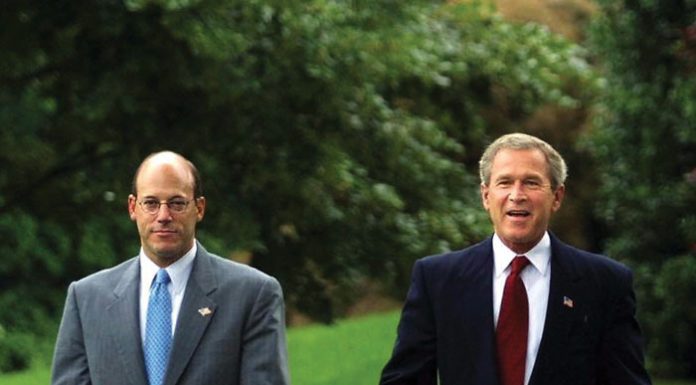Like most members of the Jewish community here in South Florida and throughout the world, my reaction to the tragedy in Surfside—once the initial wave of shock and horror passed—was to ask myself what I could do to help. Tehillim, tzedakah, chesed, Torah study, of course—but I felt the need to respond in a more personal way as well.
I couldn’t stop thinking about those trapped in the rubble and how they might have spent their final moments—never imagining that these would, in fact, be their final moments. Young children, seniors, recent retirees, vacationing families…leaving ads for boat rentals and Butterfly World on the kitchen table, a bookmark in an unfinished novel, a damp beach towel slung across a patio chair…
Some were visitors who had just arrived for a quiet week by the sea or a few days of fun with family and friends; others were snowbirds who were packing to go north for the summer. The majority were year-round owners or renters who were simply living their day-to-day lives at home in their oceanfront condominium.
Many, I imagine, went to sleep on Wednesday night with visions in their head of a leisurely breakfast on the terrace and a relaxed afternoon in the Florida sun. Most, however, did not wake up to the pleasant summer day that dawned for the rest of Miami Beach on Thursday morning.
The Champlain Towers South collapsed at 1:25 a.m., while nearly all the residents were sleeping peacefully in their beds. In a matter of moments, 12 stories of concrete and steel tumbled to the ground. Very few escaped the buckling floors and shattered walls.
When the first bulletin interrupted the morning news, a number of us in South Florida—accustomed, as we are, to hurricane disasters—were hopeful that many of the missing would soon be found alive. Hope dimmed, however, with each passing day. Now, several weeks after the collapse, the attempt at rescue has been downgraded to one of recovery, and those left behind are slowly returning home—in many cases, to begin a long-delayed shivah.
All the while, I’ve been wondering what I can do—on a simple level—to honor the memory of those we have lost. A few days ago, an answer unexpectedly came to me.





















